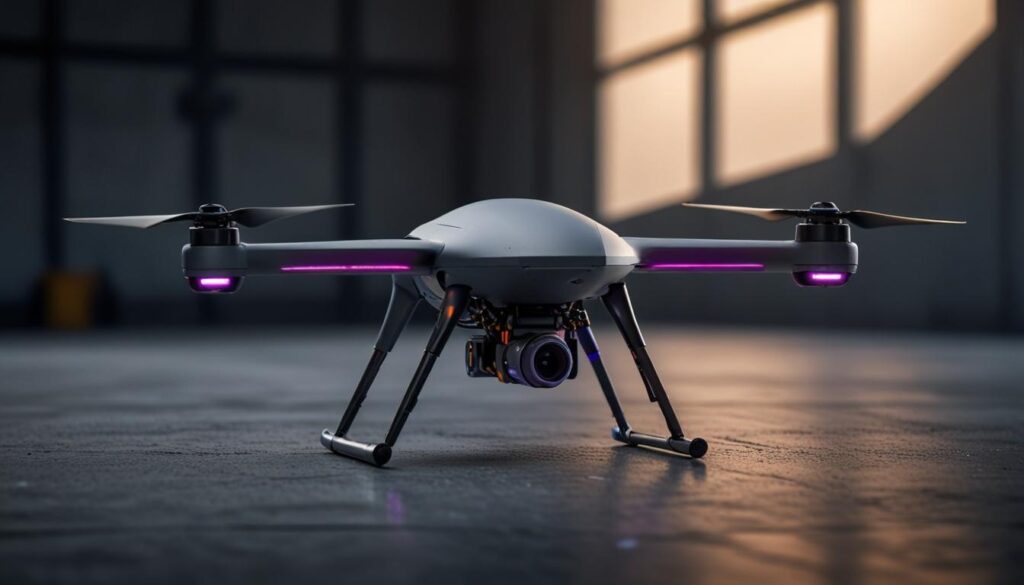Task Force 99, an experimental unit at Al Udeid Air Base in Qatar, is considering expanding to U.S. soil to enhance global innovation through AI-designed and 3D-printed drones. Led by Col. Jeffrey Digsby, the unit’s strategic plan includes stateside partnerships and rapid manufacturing techniques to revolutionise drone production.
Task Force 99, a U.S. Air Force experimental unit based at Al Udeid Air Base in Qatar, may expand to include a component operating on U.S. soil. Since its establishment in October 2022, the task force has focused on developing unmanned technologies, including Artificial Intelligence (AI)-designed and 3D-printed drones.
Col. Jeffrey Digsby, who recently took command of Task Force 99 under Air Forces Central Command (AFCENT), detailed the group’s three-year strategic workforce plan that envisions stateside partnerships to enhance global innovation. The task force has operationalized several autonomous drones in Middle Eastern operations and is exploring rapid manufacturing using AI-driven 3D printing, reducing drone production time from months to days.
The unit collaborates with Blue Horizons, an Air Force fellowship, and Titan Dynamics, a California-based firm. The AI software they utilize specifies requirements like range and payload, allowing 3D-printing machines to construct drones swiftly. Though specific deployment timelines are undisclosed for operational security reasons, testing and validation are ongoing in CENTCOM’s operational environment.
Task Force 99 currently maintains nearly 100 unmanned systems and aims to increase air domain awareness and reconnaissance capabilities. This includes utilizing smaller, lower-flying drones that offer advantages over traditional, more expensive ISR platforms like the MQ-9 drone.
Given regional tensions, including the Israel-Hamas conflict, the demand for reconnaissance drones has surged. Task Force 99 explores technology for producing attritable ISR drones en masse and has integrated beyond-line-of-sight and mesh network capabilities to enhance persistent ISR coverage.
The group collaborates with 17 coalition partners, benefiting from integrated international support. This experimentation and operational application in harsh environmental conditions aim to support the Pentagon’s broader initiatives, including the Replicator program for mass drone production.










